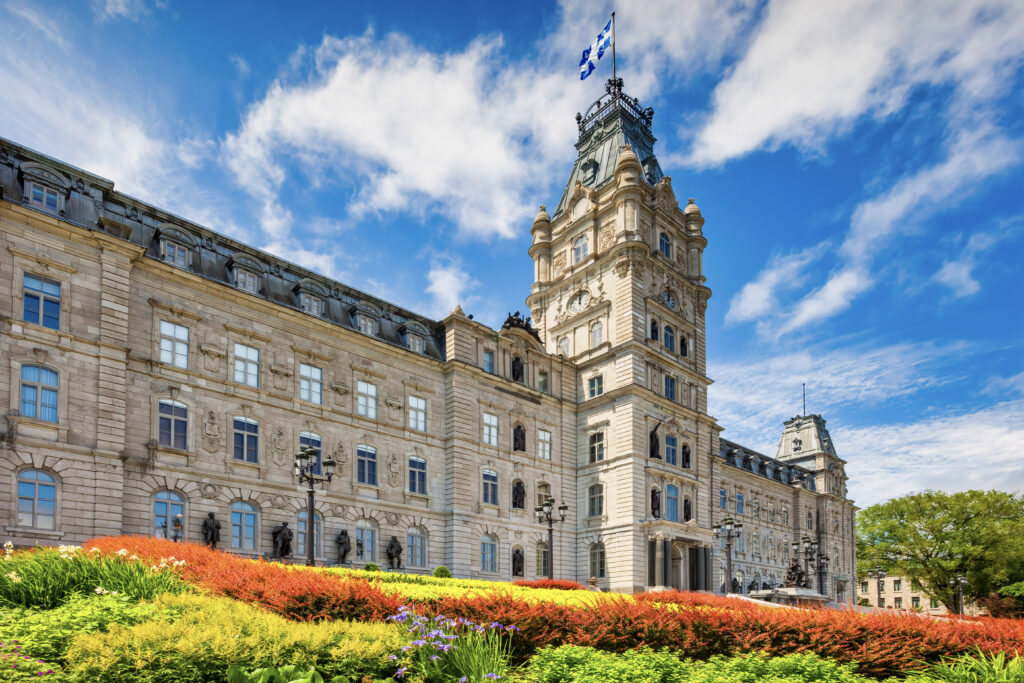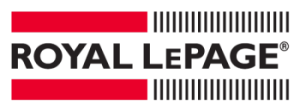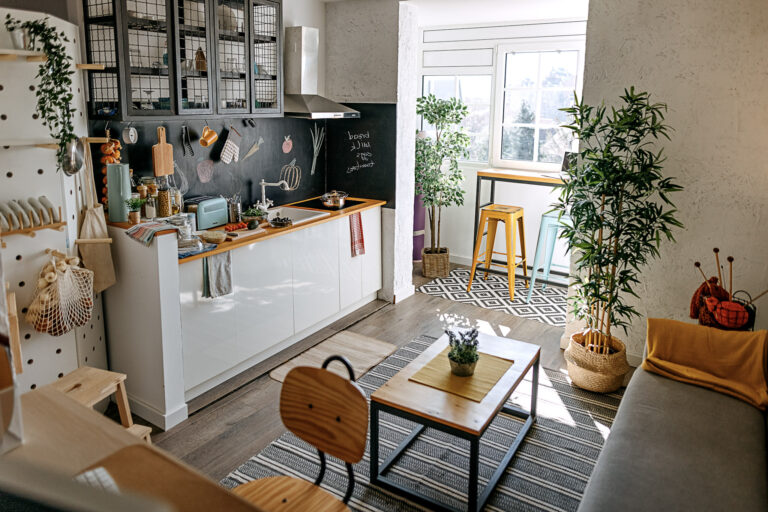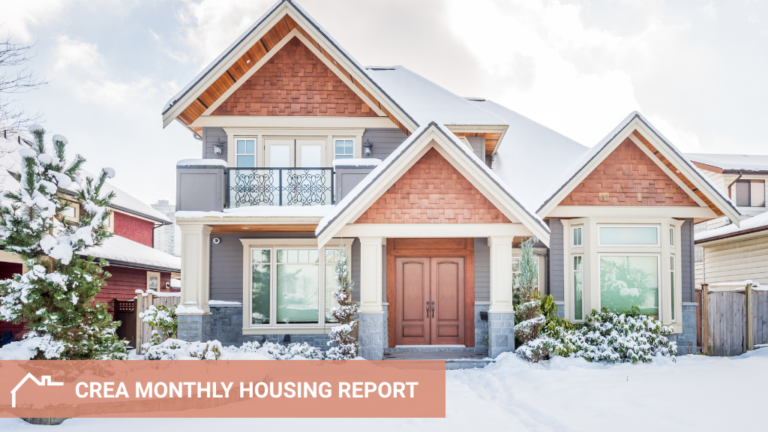
With just a few days to go before the provincial election, Quebecers are reflecting on what are the most important social issues to them, and wondering which party will be best equipped to address them over the next four years. Among the important issues of this election campaign is the rising cost of living, and access to housing and home ownership could impact the choice of many voters.
According to a survey by Royal LePage, conducted by Léger among 1,061 Quebecers of voting age, the voting intentions of most voters in the October 3rd provincial election will be influenced by the housing policy promises of the various political parties.
When respondents were asked to indicate to what extent a party’s position on housing supply and affordability is a top consideration in their voting decision in the upcoming provincial election, 52% of Quebec respondents agreed with the statement (16% strongly agreed and 36% somewhat agreed). Overall, 33% disagreed with the statement, while 15% responded “I don’t know”. Respondents who indicated that the increased cost of living has impacted their home purchase plans since the beginning of 2022 were more likely (65%) to say that a party’s position on housing supply and affordability is a top consideration in their voting decisions in the upcoming provincial election.
“It is obvious that Quebecers were affected by a long period of brisk real estate market activity. This brought to light a gap between the dream of becoming a homeowner and the chronic shortage of available properties,” said Dominic St-Pierre, vice president and general manager for Royal LePage in Quebec. “Today, though several real estate markets in the province have seen property prices stabilize or even decrease over the past few months, the supply of available housing remains much lower than before the pandemic.”
Despite some moderation in the Quebec real estate market over the last several months, the province continues to see a shortage of approximately 100,000 housing units.
Following the Bank of Canada’s decision this month to raise its key interest rate for the fifth consecutive time since March of 2022, and as inflation remains high in the country, Royal LePage investigated whether these economic issues have affected property purchase intentions of Quebecers. Survey results reveal that since the start of 2022, the rising cost of living (including higher interest rates and inflation), has caused one in five respondents (21%) to postpone or deprioritize the purchase of a property. Among respondents aged between 18 and 34, the proportion rises to slightly over one third (32%). Overall, 55% of respondents said they had no plans to purchase a property this year.
A recent Royal LePage survey on the homebuying trends of Canadian millennials also established that the desire to be a homeowner is very present among this generation of Quebecers, now aged 26 to 41. In fact, 74% of the cohort who are not currently homeowners believe that they will be in the future. However, the cost of living is an obstacle for many of them, as 43% of respondents in the province said they do not believe that their salary will increase at a rate that would allow them to buy a property in their current place of residence.
The housing platforms of the major parties can be found here: Coalition Avenir Québec (CAQ), Quebec Liberal Party (QLP), Parti Québécois, Québec Solidaire, Conservative Party of Quebec






